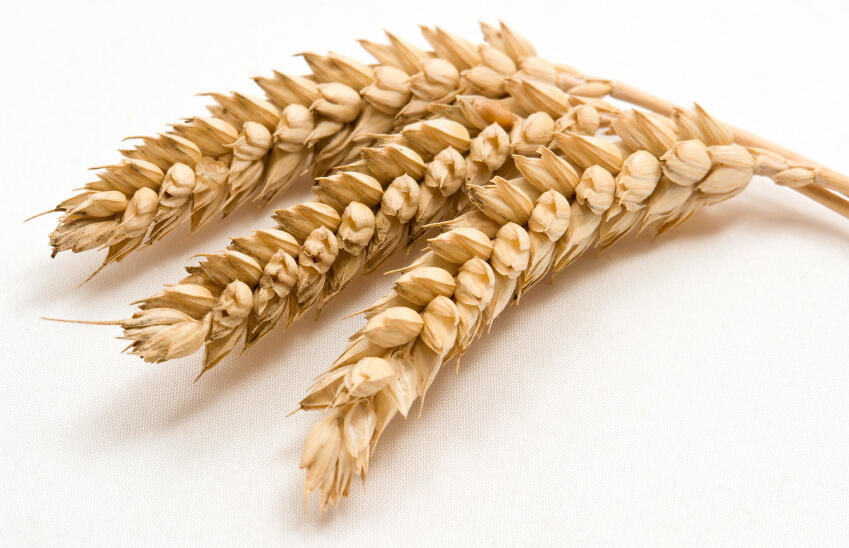Should we adopt new eating habits sometimes presented as a panacea for delicate intestines? Their advantages and limitations. Four questions to know whether to follow the food trends that make the buzz when suffering from irritable bowel syndrome. Should we adapt probiotic treatments? Studies have found a beneficial effect of some strains of probiotics on symptoms of irritable bowel, but not in all patients nor with the same results. Better to wear his choice on food supplements containing the strains in question (Ibsium, Lesaffre; Bion, trancit; Lactibiane Reference to Pileje; Probiopur to Nutrixeal). And if no improvement within two months, no need to persevere. More on: Probiotics, true or false hope against digestive disorders? The gluten-free diet, ideal for the stomach? This has been demonstrated in cases of proven celiac disease. Without presenting this gluten intolerance, some of those who have experienced not to say they consume relieved. It’s true, says Foucault Florence, dietician nutritionist, but perhaps also because, besides the bread, they exclude pastries, cakes, pizzas, and other products rich in gluten, but also fat, very irritating to the gut. An Iranian study published in June 2015, however, showed an improvement of symptoms in 83.8% of the group “placebo gluten”, against 25.7% of the group “true gluten”. But rather than exclude it, we may first make sure there is not a dose of problem because sometimes you just have to reduce its consumption of products rich in gluten to soothe his gut.











